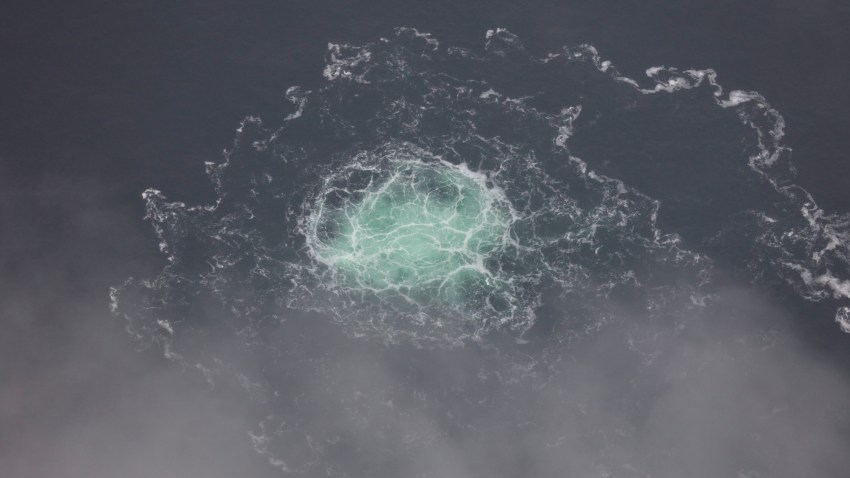European officials in Brussels are whispering nervously about this week’s reports that Russia may not have been behind the bombing of the Nord Stream pipeline. New reporting suggests that the sabotage may instead have been carried out by a group acting in support of, if not necessarily officially affiliated with, Ukraine. Should that be proven, it would create an immensely awkward diplomatic headache for Europe, particularly the countries through which the pipeline passes.
On Tuesday, the New York Times, Die Zeit and German public broadcaster ARD all published reports that Western intelligence services believe the four bombings were conducted by a “pro-Ukrainian group.” The attacks last September saw four undersea bombs blow holes in the Nord Stream 1 pipeline, which at the time was no longer transporting gas, and the Nord Stream 2 pipeline, which had been recently completed but was not yet operational. The perpetrator has been a mystery since then.
Western governments have strongly suggested that Russia was behind the attack. But why Russia would blow up its own pipelines never quite made sense. Even if they were not operational, they remained potential vehicles for keeping Europe dependent on its gas. German officials have suggested that Russia’s motivation might have been to avoid paying penalties for shutting off the gas taps feeding Nord Stream 1 in retaliation for European sanctions.

